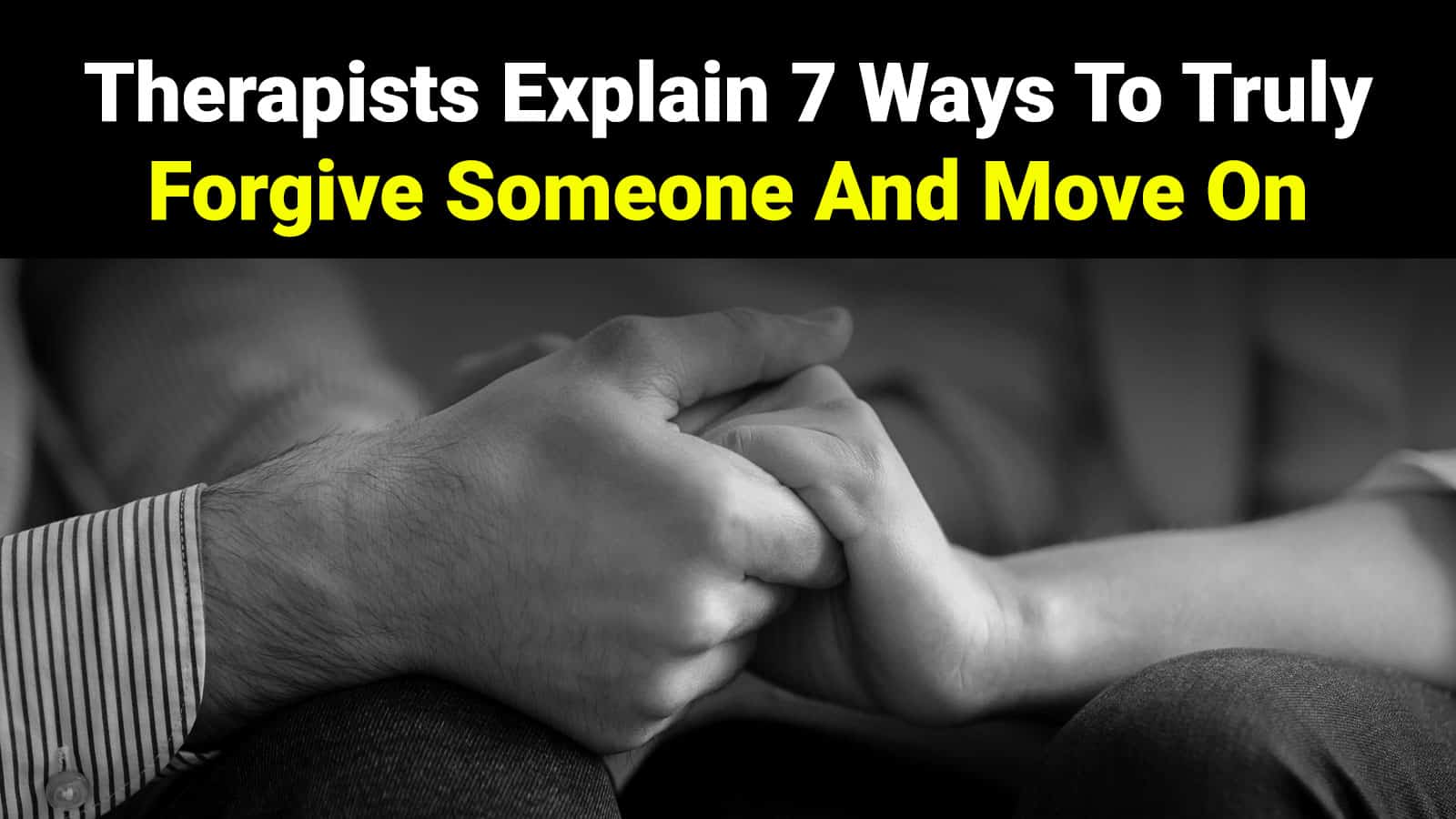Discover the Powerful Steps to Forgive Yourself and Others for a Fulfilling Life
Discover the Powerful Steps to Forgive Yourself and Others for a Fulfilling Life
Blog Article
Comprehending the Value of Mercy in Healing Relationships
Forgiveness is often considered as a straightforward act of releasing, yet its importance in recovery relationships extends far beyond plain absolution. It acts as a crucial mechanism for psychological launch, allowing individuals to browse the complexities of discomfort and animosity. Recognizing the nuanced differences between mercy and settlement can light up the path toward much healthier communications. As we discover the diverse benefits of forgiveness, one need to think about exactly how these concepts can transform not only individual partnerships yet additionally the more comprehensive social material. What continues to be to be discovered is the profound effect mercy can carry individual growth and common harmony - The importance of forgiveness.
The Interpretation of Mercy
Although mercy is commonly viewed as a straightforward act of allowing go, its definition incorporates a complex interaction of emotional and psychological procedures. At its core, forgiveness is the conscious choice to launch feelings of bitterness or revenge towards a private or team that has actually triggered injury. This process is not merely about discharging the culprit; instead, it includes an extensive psychological change that can lead to individual growth and recovery.
Mercy is diverse, frequently identified by a person's interior struggle to resolve their pain with the wish for peace. It needs identifying the misdoings dedicated, processing the connected emotions, and eventually making a selection to progress without the worry of bitterness. This choice commonly involves a cognitive change, where one reframes their understanding of the perpetrator and the disobedience, enabling for compassion and recognizing to arise.
Significantly, forgiveness does not imply condoning the actions or neglecting the crime; it is a deliberate act that prioritizes emotional well-being. By specifying mercy in this way, we can value its function in helping with healthier partnerships and cultivating emotional strength, establishing the phase for deeper exploration right into its advantages.
Psychological Benefits of Forgiveness
Mercy offers significant psychological benefits that can greatly impact an individual's psychological health and wellness and total well-being. When an individual selects to forgive, they proactively release sensations of resentment, bitterness, and rage, which can or else create a hefty emotional worry. This launch often brings about a decrease in stress and anxiety, advertising a sense of peace and emotional security.
Additionally, mercy fosters a raised ability for compassion and compassion. By understanding the perspective of the offender, people can grow a much deeper emotional strength, which improves their capability to cope with future difficulties. This process not only boosts emotional law yet likewise contributes to an extra positive outlook on life.
In addition, forgiving others can strengthen one's self-worth and self-worth. It enables individuals to redeem their individual power, damaging without the unfavorable cycles of victimhood - The importance of forgiveness. This newfound empowerment can bring about much healthier psychological feedbacks and stronger interpersonal partnerships
Mercy vs. Reconciliation
The distinction between forgiveness and reconciliation is vital in understanding the dynamics of recovery connections. Forgiveness is an internal process wherein a specific picks to allow go of bitterness and adverse sensations towards go somebody that has caused harm. It is primarily an individual trip, focused on psychological release and self-healing, allowing one to move forward without bring the worry of past complaints.
On the other hand, settlement involves restoring and restoring the connection to a state of trust and common regard. This process frequently calls for open interaction, energetic participation from both events, and a commitment to dealing with the underlying issues that led to the dispute. While mercy can happen individually, settlement requires the desire of both individuals to take part in dialogue and pursue a shared understanding.
It is vital to note that mercy does not always result in settlement. A person may forgive one more without deciding to recover the partnership, specifically if depend on has been irrevocably damaged or if the connection is considered undesirable. Comprehending this difference permits individuals to navigate their feelings successfully and make informed choices concerning their partnerships.
Actions to Cultivate Mercy
Cultivating forgiveness is an intentional procedure that includes a number of crucial actions discover this info here aimed at promoting psychological healing. The initial step is acknowledging the pain created by the infraction. Acknowledging one's sensations is crucial, as it allows individuals to process their feelings genuinely.
Next, assessing the occurrence and recognizing its influence can give quality. This reflection ought to consist of examining the motivations behind the offender's activities and recognizing that everyone is check it out fallible.
The 3rd action involves making a conscious decision to forgive. This choice is important, as it symbolizes a readiness to allow go of animosity and move on.
Ultimately, expressing feelings in a constructive way can be beneficial - The importance of forgiveness. Whether through journaling, speaking with a relied on buddy, or seeking therapy, expression of feelings can aid in the mercy trip
Real-Life Examples of Mercy

In another example, a close-knit team of pals faced a significant break after one member accidentally shared a personal secret. Instead of nurturing animosity, the impacted good friend made a decision to forgive, recognizing the significance of valuing the friendship over the error. This decision motivated open dialogue and eventually strengthened their connection.

Final Thought
To conclude, forgiveness plays a critical duty in the recovery of relationships by assisting in the release of adverse feelings and cultivating compassion. By comparing mercy and reconciliation, people can involve in a positive procedure that enhances emotional well-being. Carrying out actions to cultivate forgiveness can cause transformative results, strengthening connections and promoting an encouraging setting. Ultimately, the technique of forgiveness functions as a driver for personal growth and the nurturing of healthier interpersonal dynamics.

Report this page